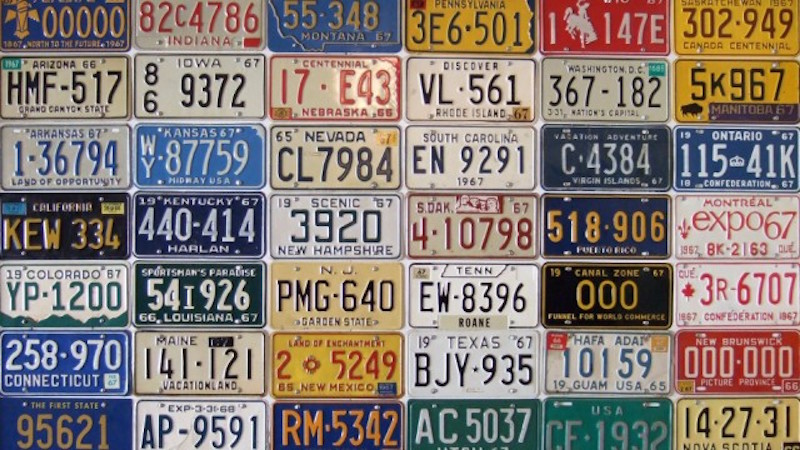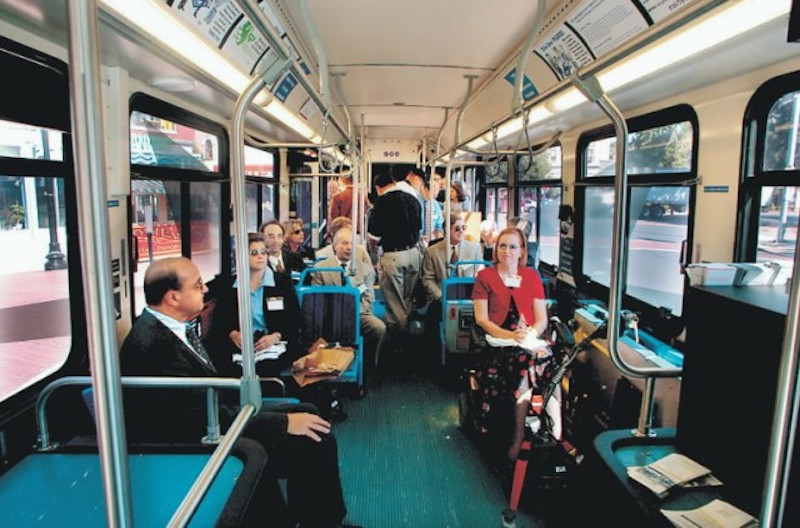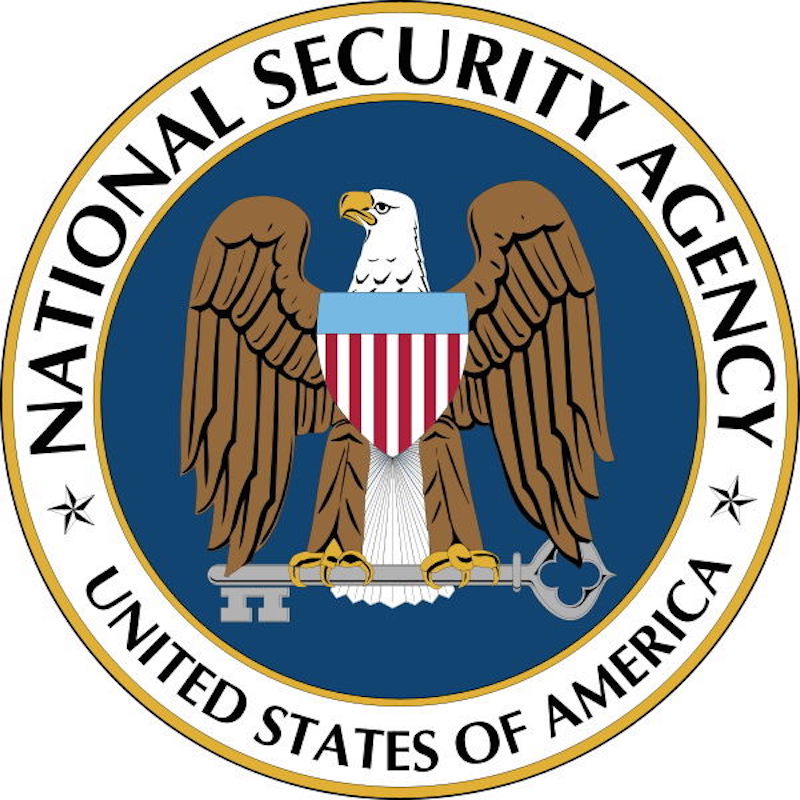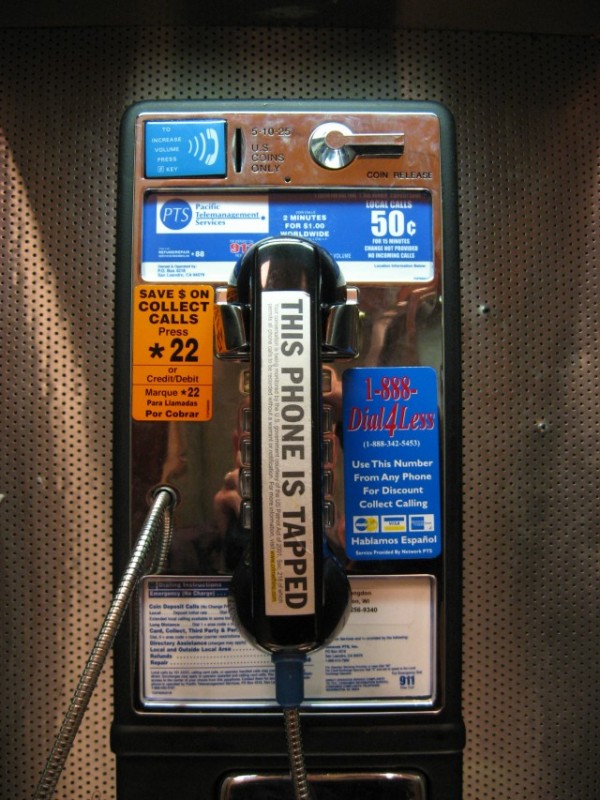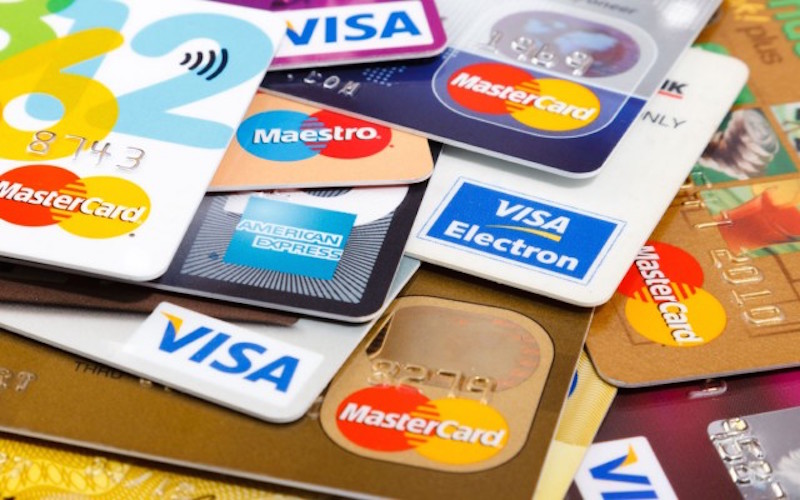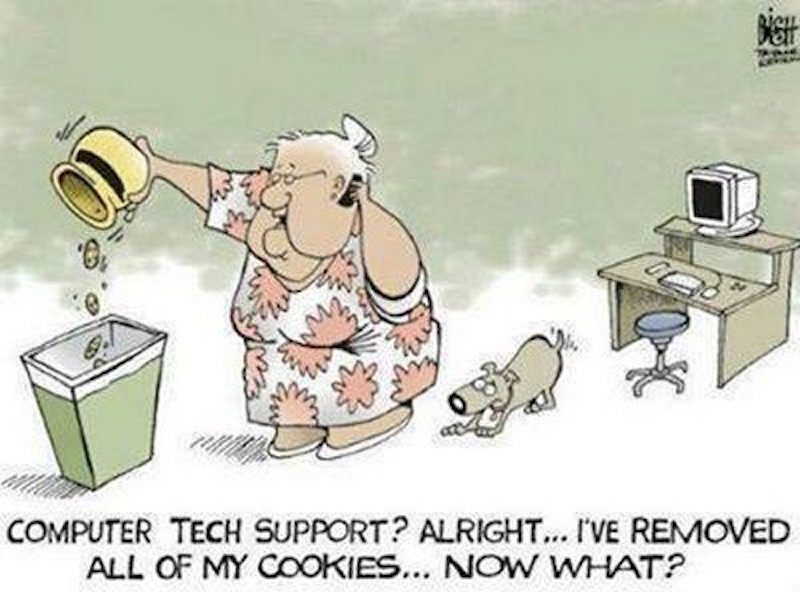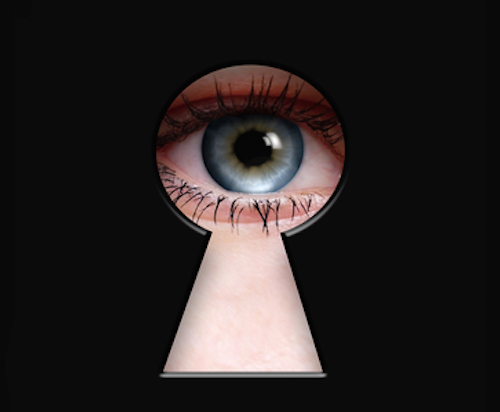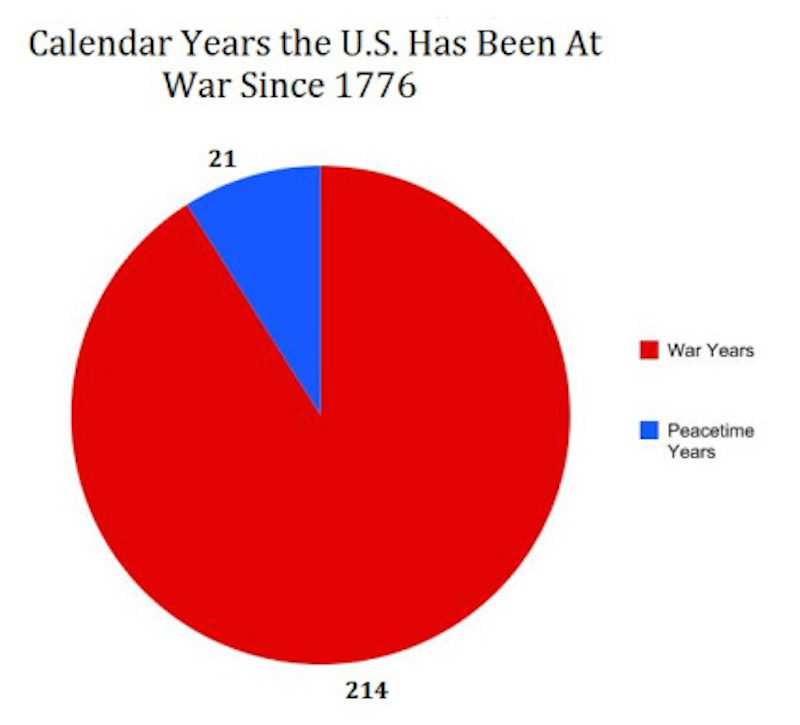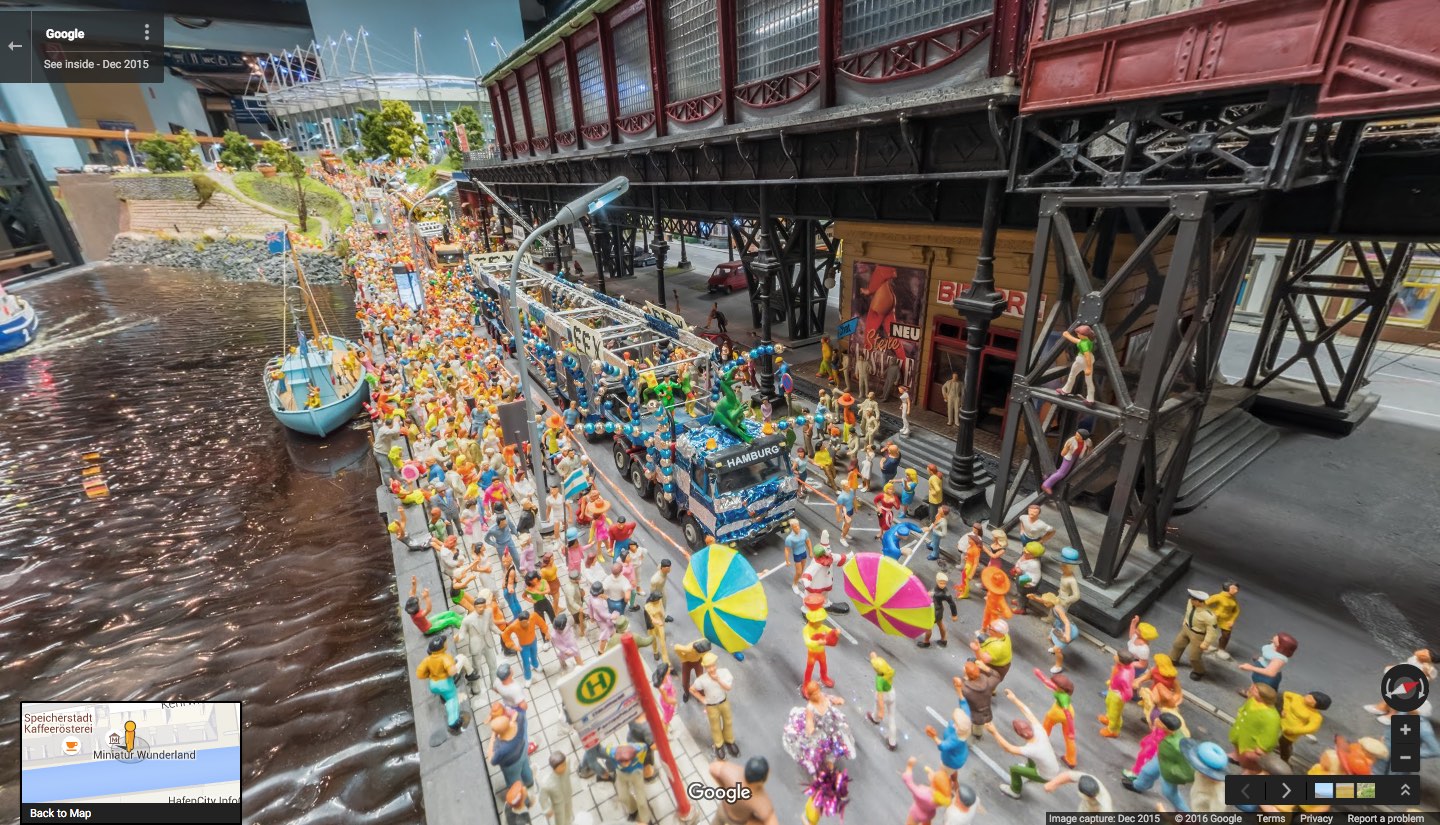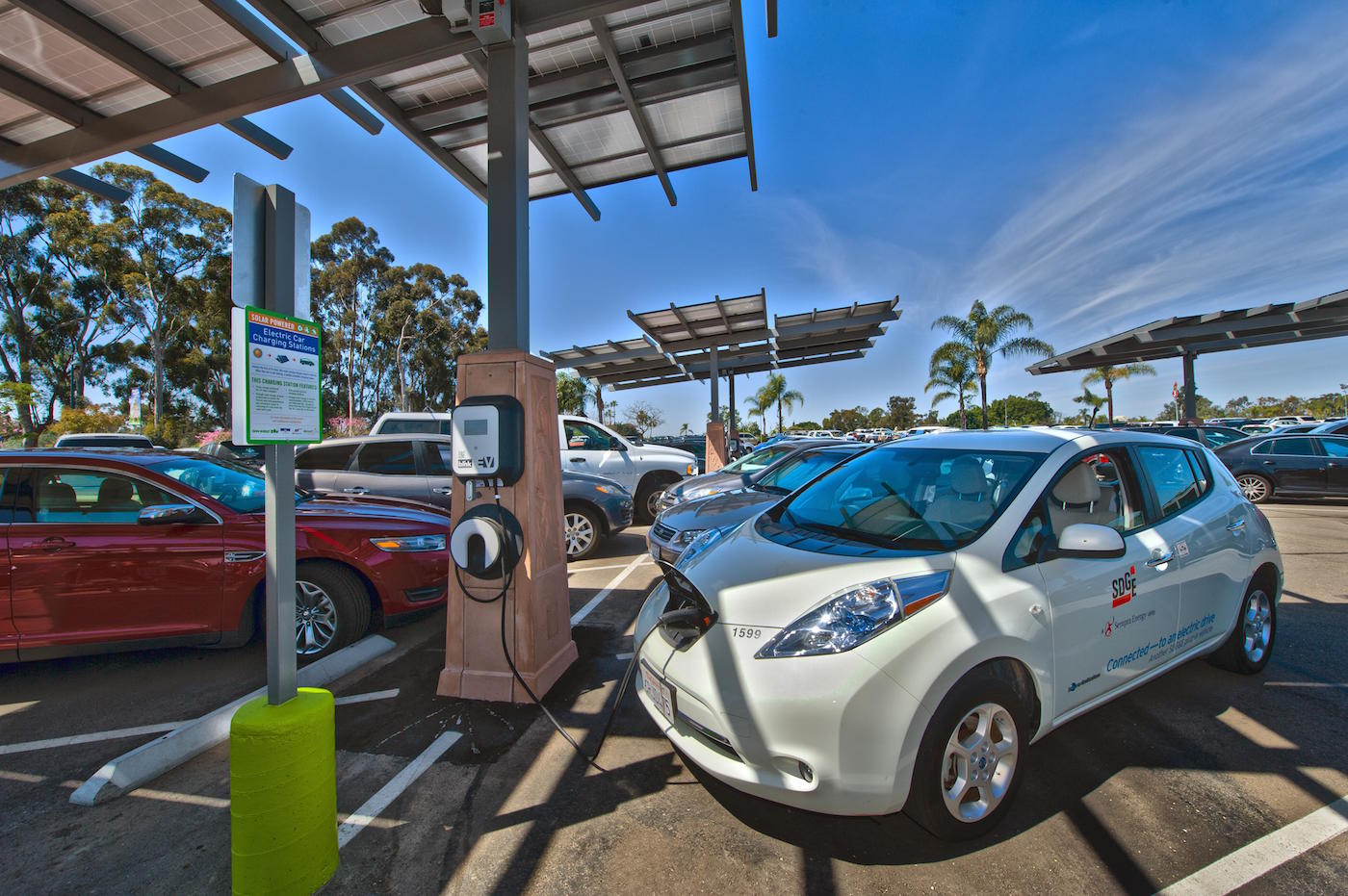In 1949, Eric Blair, known by the pen name of George Orwell, published 1984; a novel that has shown its predictive power manifested in the current state of society. Blair coined the term “Big Brother” for the symbolic figurehead of the totalitarian state, Oceania. In the dystopian society, every citizen is under constant surveillance with the government’s slogan: “Big Brother is watching you,” a reminder of the state’s omnipresence. Our government has taken a slightly different approach, but the end game is much the same. The leaks by Edward Snowden bring to light what many of us already believed, that the United States is moving closer and closer to a society where its citizens have nearly all actions monitored. In light of this, here’s our “Top Ten Examples that we’re living in a Big Brother Society without knowing it.”
10. License Plates
Ever heard of plate reading cameras? We didn’t. Unbeknownst to many citizens, a plate reading camera is now mounted on many police cruisers around the country. The device can check if a car is unregistered, uninsured or stolen. In addition, police officers now have automatic license plate readers that are designed to track the movements of every vehicle that passes. According to the ACLU, the devices can capture and collect the license plate number, and the date, time and location of every scan. A huge database of information on drivers has been collected and with the improvements in technology, analysts believe that authority figures will have greater knowledge of our movements. One of the biggest points of contention for many civil liberties activists is the ability for third parties to gain access to said data. The connection of government and the private industry should worry any citizen that wants to protect their privacy.
From our partners:
9. Sidewalk Cameras
While it might be a foregone conclusion in the United Kingdom that you’ll be monitored when you walk down the street, we’ve come to demand our privacy and protection from government in the United States. It might frighten some of you to know that in many cities, there’s a good chance that you’re being monitored as you walk to work. An ACLU report has demonstrated that the city of Chicago “has access to 10,000 publicly and privately owned cameras throughout the City…and in the downtown district, virtually every segment of the public way is under video surveillance.” Not only are cities spending money on surveillance cameras and software, but the Department of Homeland Security has spent millions on even more sophisticated, high-tech video cameras. So when you’re walking down the street, don’t forget to smile because there’s a good chance there’s a camera somewhere watching.
8. Public Transportation
There’s a good chance that you’ve seen the slogan, “If you see something, say something” while riding public transportation. It just so happens that you’re not the only one looking. The Department of Homeland Security has funded installation of public bus video and audio surveillance in numerous U.S. cities. A Wired article outlines that buses around the country are quietly adding microphones that would give them the ability to record and store private conversations. Cities that already have listen-in bus surveillance include San Francisco, Baltimore, Detroit, Hartford, CT, Concord, NH (Park & Ride system), and Boston (high-def video only). Natural questions that opponents of the measure have brought forward include the legality of such measure, as the government would be eavesdropping without a warrant, “particularly since recordings of passengers could be obtained and used by law enforcement agencies.”
7. National Security Agency
One of the biggest government agencies that is responsible for spying on its citizens is the National Security Agency. Recently, the likes of AT&T admitted that domestic internet traffic was being diverted through a splitter cable, which essentially allowed NSA technicians access to our data. While Facebook and Microsoft have denied their collusion with the government in this capacity, the Washington Post and Guardian outlets have reported that the government has direct access to their servers. This intrusion on our privacy goes back to the Bush administration and has only continued. With the ever present threat of terrorism as a fear tactic, it is unlikely that citizens will truly ever be able to have the sense of privacy that many desire.
6. Phone Calls
One of the well-documented cases of espionage is the government’s spying on our phone use. What is less known is that our locations are also being collected. According to constitutional lawyers, while it’s illegal for the government to listen to the content of private landline or cell phone conversations conducted entirely within the U.S., the National Security Agency is allowed to collect phone call metadata (i.e., time, date, location, phone numbers of each party). The catch, in regards to phone calls, is the location on the other end of the line. Documents reveal that the NSA can legally listen in on your conversation if you’re talking to someone who’s outside the country. As mentioned earlier, it’s the monitoring of our locations via cell phones that surprised us so much. Apparently, police departments around the country have been using cell phones to track the locations of individuals without a court warrant.
5. Credit Cards
Although it may come as no surprise that your credit card data is collected, the depths of their use and the profile that is formed around your shopping habits is alarming. Most credit card companies not only collect your data but sell it to third parties. The conditions of your agreement allow the companies to perform “data analyses” that has seemingly given them the right to create profiles on their consumers and sell the information to the highest bidder. The NSA is one of the third parties that obtain data from the credit card companies. According to Time magazine, the credit card issuers could provide the NSA details such as an account or card numbers, where and when a purchase was made, and for how much. In conjunction with the growing amount of surveillance, it would not be difficult for the NSA to track down the specific individual or individuals who make a respective purchase.
4. Emails
A very interesting encounter occurred between a staff member and management at Toptenz just days ago that fully demonstrates the Big Brother society that we live in. After being paid for an article on North Korea, a note was included about the contents for the payment. The message on the payment said: “for the article on North Korea.” Somehow this message alerted some system of surveillance and the payment was held from going through. Staff members were made to fill out forms just to get the payment approved, and even then it took more than a week before it became apparent it would not go through. The episode is startling because if such an innocent incident is being investigated how do they have the ability to find the truly dangerous ones?
3. Cookies
When a website asks you if you’re OK with its cookie policy, do you have any idea what they mean? Cookies are small text files, given ID tags that are stored on your computer’s browser directory or program data subfolders. They allow government entities and private companies to track the websites that you visit and eventually compile all the data gleaned from the cookies into huge databases. That’s why when you search for a new bag or t-shirt, you’re likely to see advertisements for said products on other websites that you visit. Some of the specific groups that have access to this information include the NSA, local police, and the private sector, specifically advertising companies. With the information they gain from your website traffic, third parties can come up with a great picture of who you are as a consumer and a person.
2. Gumfish
One of the least known ways we’re being spied on by our government is through a tool called Gumfish. Reports state that the NSA has developed mass surveillance operations via malware “implants” used to infect computers worldwide. As a result, government agencies can access one’s webcam in a remote fashion and turn it on, if they so please. According to a recent Wired article, the spy tool called Gumfish can commandeer cameras on “infected” computers to take photos and record conversations of unsuspecting private citizens – all of this seemingly done without a warrant.
1. Endless War
In homage to Orwell’s 1984, we thought we should end with a reference to his iconic novel. The final way that shows we’re truly living in a Big Brother society it is the almost perpetual state of war that we’ve experienced as a population. Just like in 1984, where the nation was at war with enemies that would change constantly. We’ve experienced more than a decade of war in the Middle East with terrorism being declared the enemy. Before that, the Soviet Union was made to be the biggest threat towards freedom, and we fought proxy wars around the world. If history serves, it won’t be long till we’re engaged in another war, just like Orwell predicted.
This feature originally appeared in TopTenz.







